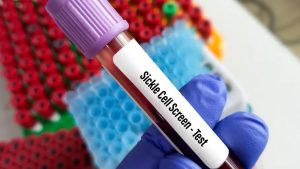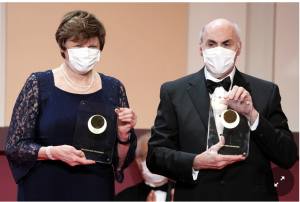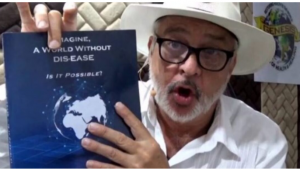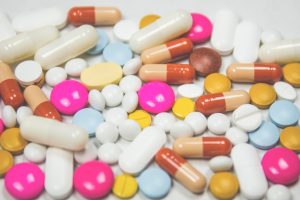Millions of popular blood pressure pills have been recalled by drugmakers around the world over the past three years due to one problematic chemical, a carcinogen. However, as pharmaceutical companies pace to find a potential fix, they came across a whole new problem in these medicines- another potentially more harmful chemical.
This new hazardous chemical is called azido impurities and concerned authorities say they’re mutagenic which means they have the potential to alter someone’s DNA and potentially increase cancer risk.
These impurities were found in blood pressure drugs which have been recalled in Canada as well as Europe earlier this year. Earlier, the United States also recalled the drugs containing the probable carcinogen N-Nitrosodimethylamine, or NDMA, though they have yet to pull any for containing the azido impurities, reported Bloomberg
However, amid all the fiasco about the blood pressure pill ingredients is an Indian link.
According to documents reviewed by Bloomberg, a US Food and Drug Administration (FDA) official has found that at least one giant manufacturer of these pills in India, Hetero Labs Ltd, has a flawed process for controlling the impurities,
The documents as per Bloomberg also revealed that Hetero ensured no adequate measure to stop the collection of the residue of impurities on production equipment, which can easily cross-contaminate the entire solution and the pills in the making.
As per a Bloomberg report, an FDA inspector visited the Hetero plant in August this year and found that the company makes an active ingredient called valsartan for the blood pressure drug called valsartan, which it sells to other pharmaceutical companies to make a finished pill. Valsartan production can form azido impurities. The company did not respond to requests for comment.
In May, Drug regulator Health Canada announced recalls of valsartan, a type of drug called an angiotensin II receptor blocker or ARB, for elevated levels of azido impurities followed by several global drug regulators.
Hetero’s production plant in the Sangareddy district is one of the company’s 10 facilities in India registered with the FDA to help make drugs sold to the United States.
The site was last inspected in 2018 and received the agency’s worst classification. This means that the company has very less chances of getting FDA approval for producing any other drug until the issue clears up.






